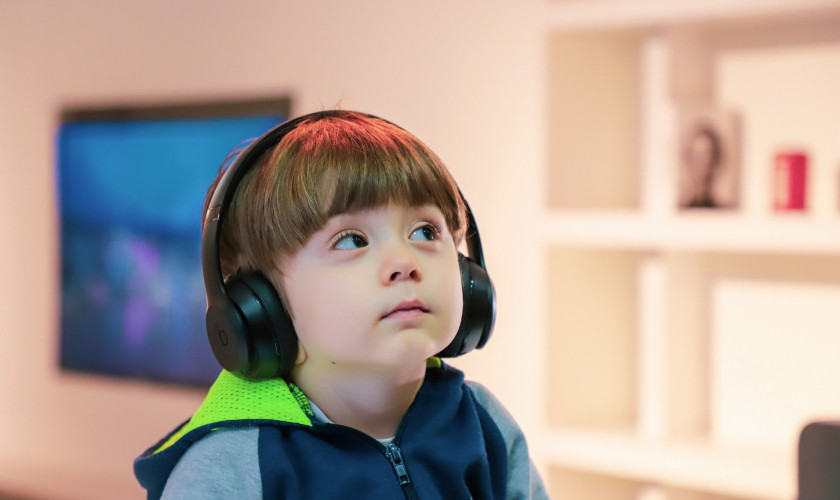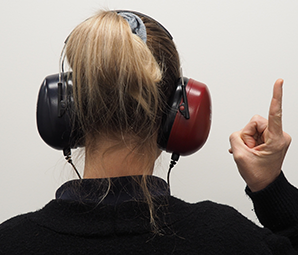For parents and care givers it is often difficult to know how to interact with a child with a certain disability (e.g. hearing impairment, autism). In order to be able to advise these persons it is crucial to understand the interaction between a typically developing child and its caregiver. In the framework of a European project a novel and robust system is developed, which will enable determining the quality of spoken communication. Before doing this it is necessary to research those parameters which are important for supportive interaction between the child and the caregiver. Depending on the status of the research project and the interest of the student a topic will be suggested which includes both literature review and empirical data collection.
- The project is available in the Fall and Spring semester
- Number of places available: 1 per semester.
Prerequisites
- High level undergraduate student.
- Minimum GPA 3.4
- Relevant academic background.
Faculty Department
Faculty of Medicine / Department of Neurosciences.
Research Topic 1: Speech, language and swallowing disorders
- Key word signing in adults with intellectual disabilities
- Neurogenic stuttering
- The neuroanatomic and neurofunctional substrate of language problems in epilepsy
- Language and auditory development in children with cochlear implants
- Auditory processing in dyslexia.
Research Topic 2: Human auditory processing and prostheses.
- Neural mechanisms of the electrically stimulated auditory nerve
- Combined cochlear implant and hearing aid stimulation
- Measurement of ASSR in acoustic implants
- Language and auditory development in children with cochlear implants
- Model-based signal processing for bilateral cochlear implants and hearing aids
- Effect of stimulus parameters and presentation modes on cortical ASSRs
- Hearing screening for noise-induced hearing loss
- Envelope enhancement in cochlear implants
- Auditory processing in dyslexia
- Electrically evoked ASSRs in CI patients
- Adapting cochlear implants and hearing aids to individual brains.


